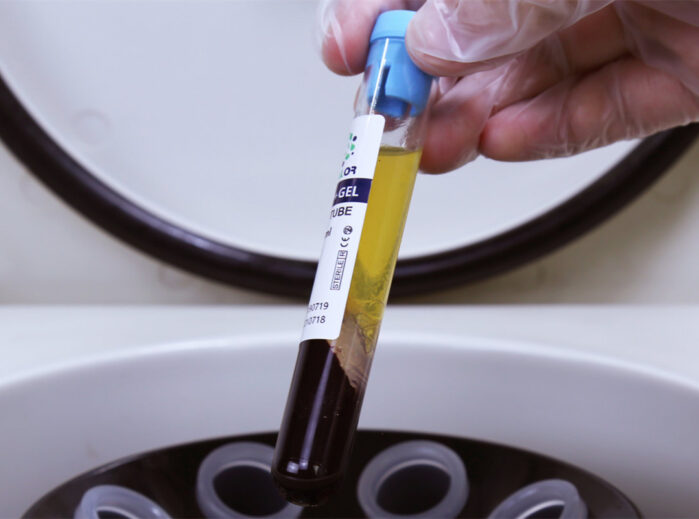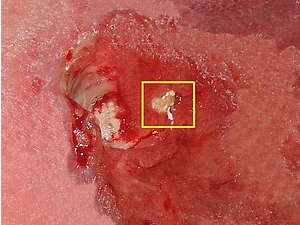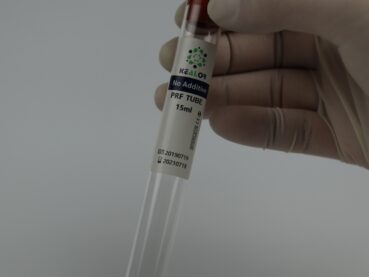What should I check before PRP?
Before undergoing platelet-rich plasma (PRP) therapy, it is important to check certain things to ensure that the treatment is safe and effective. In this blog, we will discuss some of the key factors to consider before undergoing PRP therapy.
Medical History
Your healthcare provider will review your medical history to determine if PRP therapy is safe for you. It is important to disclose any medical conditions or medications you are taking, as these can affect the safety and efficacy of the treatment. Your provider may also ask about any previous injuries or treatments you have received for the condition you are seeking treatment for.
Overall Health
PRP therapy is a minimally invasive procedure that is generally safe for most people. However, certain health conditions, such as blood disorders or immune system problems, may make the treatment unsafe. Your provider may also ask about your overall health and lifestyle habits to determine if PRP therapy is the right choice for you.
Current Medications
Certain medications, such as blood thinners, can interfere with PRP therapy and increase the risk of bleeding. It is important to inform your healthcare provider of any medications you are taking, including over-the-counter medications, supplements, and herbal remedies.
Allergies
If you have any allergies, particularly to blood products, it is important to inform your healthcare provider before undergoing PRP therapy. While PRP therapy uses a patient’s own blood, there is still a small risk of an allergic reaction.
Treatment Plan
Your healthcare provider will work with you to develop a treatment plan that is tailored to your specific condition and needs. This may include multiple PRP therapy sessions over a period of weeks or months. It is important to understand the treatment plan and follow it closely to achieve the best possible results.
In conclusion, before undergoing PRP therapy, it is important to check your medical history, overall health, current medications, allergies, and treatment plan. By ensuring that PRP therapy is safe and effective for you, you can increase the likelihood of a successful outcome from the treatment. If you are considering PRP therapy, talk to a qualified healthcare provider to see if it may be the right choice for you.








